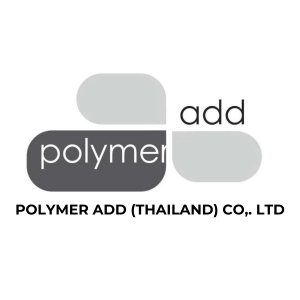Filler in Papermaking
Barium sulfate is often used as an inorganic filler in the production of paper and paperboard. It is added to the paper pulp during the papermaking process to improve certain properties of the final product. As a filler, barium sulfate enhances paper opacity, brightness, and printability. It also contributes to smoother paper surfaces, which can improve ink adhesion and print quality.
Brightness Enhancement
Barium sulfate has a high refractive index and excellent light scattering properties, which makes it an effective filler for increasing the brightness of paper products. By incorporating barium sulfate into paper formulations, manufacturers can achieve brighter and whiter papers, which are desirable for various applications, including printing and packaging.
Opacity Improvement
In addition to brightness enhancement, barium sulfate also improves the opacity of paper products. Higher opacity helps to reduce show-through and improve the visual appearance of printed materials. This is particularly important in applications where high opacity is required, such as in printing papers for magazines, catalogues, and advertisements.
Bulking Agent
Barium sulfate serves as a bulking agent in paper production, allowing manufacturers to increase the thickness and bulkiness of paper products without significantly increasing weight. This is useful for producing lightweight papers with good bulk and stiffness properties, which are often used in packaging and printing applications.
Surface Coating Additive
Barium sulfate can be incorporated into surface coating formulations applied to paper and paperboard to improve surface properties such as smoothness, gloss, and printability. By enhancing the surface characteristics of coated papers, barium sulfate helps to achieve better printing results and overall product performance.
Improvement of Paper Strength
While barium sulfate is not primarily used for improving paper strength, its presence in paper formulations can contribute to enhancing certain mechanical properties, such as tensile strength and tear resistance. This can result in more durable paper products that are less prone to damage during handling and use.
Chemical Inertness
Barium sulfate is chemically inert, which means it does not react with other components in paper formulations. Its inert nature ensures stability in the final paper product, preventing undesirable interactions that could affect paper quality or performance.
